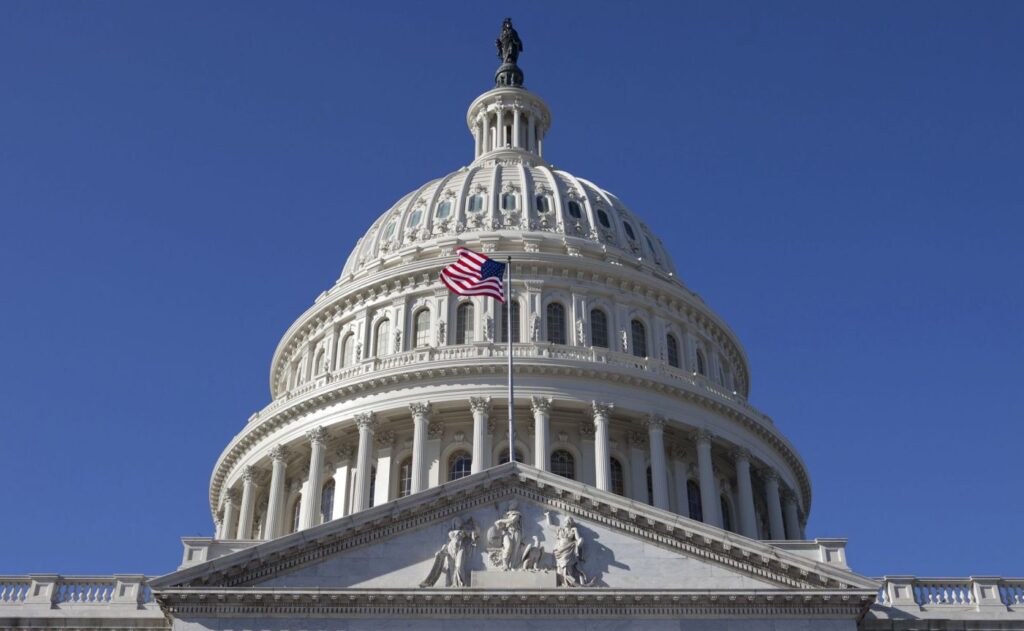
It is when public sentiment is strongest in favor of action by government that our country’s constitutional constraints most urgently need to be remembered and applied. Today, the nation’s sentiment is growing in favor of action, possibly including the use of force, by our commander-in-chief to oppose Russia’s attack on Ukraine. Yet the Constitution says that Congress, not the president, has the authority to declare war.
The debates at the Constitutional Convention, and the writings of our nation’s most thoughtful leaders, substantiate that our Constitution prevented war unless Congress had first authorized it. James Madison, the Constitution’s author, wrote “In no part of the constitution is more wisdom to be found than in the clause which confides the question of war or peace to the legislature, and not to the executive department.”
Abraham Lincoln gave similar advice in opposing President Polk’s plan to go to war with Mexico, “Kings had always been involving and impoverishing their people in wars, pretending generally, if not always, that the good of the people was the object. This our [Constitutional] convention understood to be the most oppressive of all kingly oppressions, and they measured to so frame the Constitution that no one man should hold the power of bringing this oppression upon us.”
Asking Congress to vote is not to oppose military action. Indeed, if a vote were held today, Congress would likely approve. Putting members of Congress on record now can stiffen our reliability to see through on a commitment made.
President George H.W. Bush faced a similar situation in late 1990. Saddam Hussein had invaded Kuwait in August. President Bush said he was prepared to drive Saddam out of Kuwait on his own authority, as commander-in-chief. At a White House meeting I attended, Congressman Butler Derrick, a conservative South Carolina Democrat, rose to say he would support the President’s plans, but the President had to obtain Congress’ approval. He invoked the Constitution and said if we went to war, it was to defend the principles of that document. President Bush appeared visibly moved. A few days later, he changed his position and asked for Congressional authorization for the use of force. On January 14, Congress approved. Three days later, Desert Storm began. The Congressional vote displayed America’s resolve in a way no statement by the President alone could ever have conveyed.
We are now at a similar place. Under Article V of the NATO treaty, America pledged to treat an attack on any NATO member as an attack on us. However, no treaty can undo the Constitution. At the time of adopting the NATO charter in 1949, Secretary of State Dean Acheson told Congress that Article V “does not mean that the United States would automatically be at war if one of the other signatory nations were the victim of an armed attack. Under our Constitution, the Congress alone has the power to declare war.” Article 11 of the NATO charter explicitly holds: “This Treaty shall be ratified and its provisions carried out by the Parties in accordance with their respective constitutional processes.”
Related Articles
The primaries will decide a lot about Congress
How will Newsom’s gas price relief promise work?
Working Californians hit hard by gasoline prices
Objectivity and balance shouldn’t be sacrificed in news reporting
An even sadder field left to challenge Newsom
The War Powers Resolution of 1973 gives the President the authority to commit US troops to hostilities for 60 days, if necessary, before obtaining approval from Congress. If there is time for deliberation with Congress, however, before committing U.S. troops, then it must be attempted. There is such time now. There might not be in the future.
The details can never be known with precision in advance; however, the context is clear enough that the words of the resolution can be written now for every member of Congress to vote yes or no: “That U.S. military force is hereby authorized in response to an attack on any member of NATO in the context of the current war in Ukraine.” If the resolution is adopted, the chances of ever having to use it will likely lessen.
Tom Campbell is a professor of law and a professor of economics at Chapman University. He served five terms in the US Congress, including on the International Relations Committee and the Constitutional Law subcommittee of the Judiciary Committee. He is the author of a constitutional law text, “Separation of Powers in Practice.” He left the Republican party in 2016 and is in the process of forming a new political party in California, the Common Sense Party.
